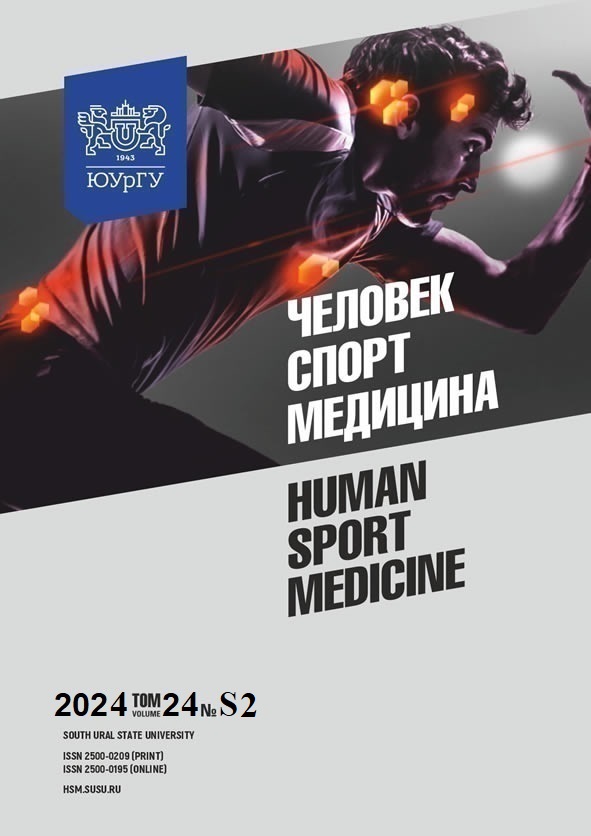CRIMINAL LIABILITY FOR CORRUPT PRACTICES IN SPORT: INTERNATIONAL LEGAL REGULATION
Abstract
Aim. This study provides a comparative analysis of international vs. Russian anti-corruption legal practices related to sports to identify temporal and substantive relationships between them. Materials and methods. This study is based on the analysis of international and Russian legal practices associated with match fixing and demonstrates the relations and dependencies between Russian and international legal norms in this domain using both general and specific scientific methods. Results. Our analysis revealed common features between national criminal law, specifically Article 184 of the Criminal Code of the Russian Federation, which addresses corrupt practices in sports, and international legal acts at both universal and regional levels. Conclusion. The crime defined in Article 184 of the Criminal Code of the Russian Federation differs from conventional crimes. Chronologically, this norm was introduced in the Russian Federation prior to the global community. Criminal liability for match fixing in Russian criminal legislation is not related to the country’s adoption of anti-corruption conventions. This suggests the originality and autonomy of the legal framework governing criminal liability in this context. This crime remains conventional as it aligns with international approaches to establishing criminality and punishability for match fixing.
References
References on translit















